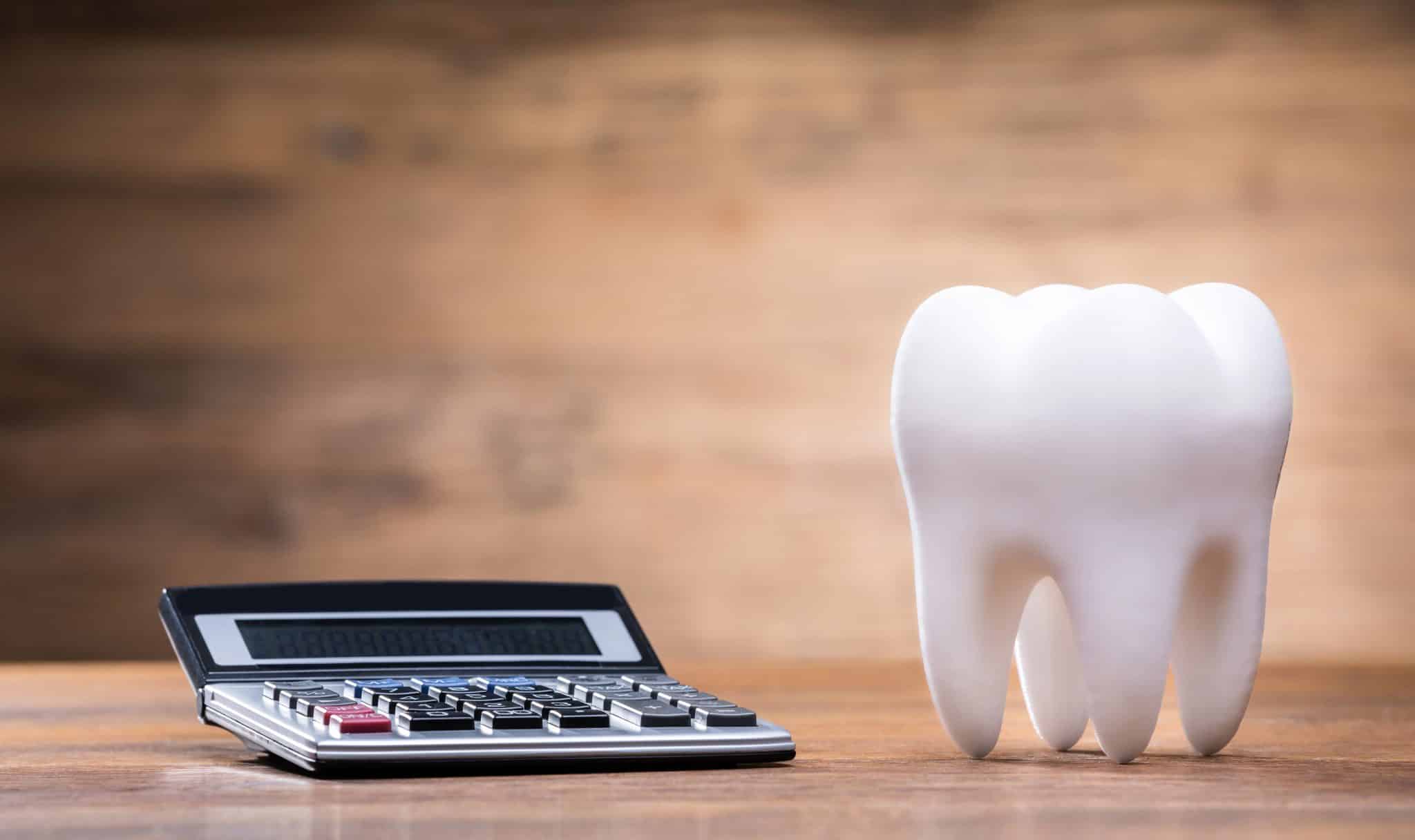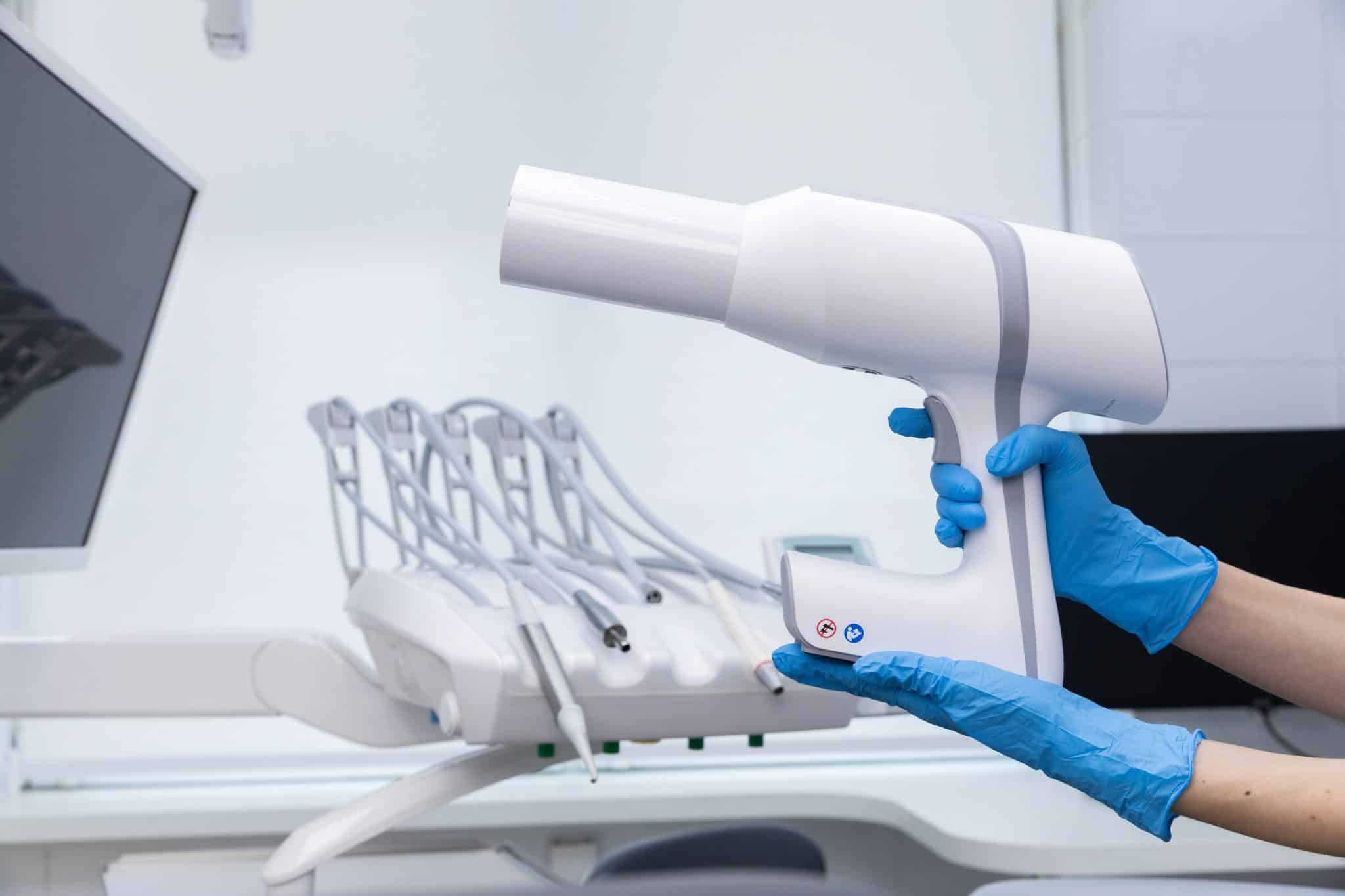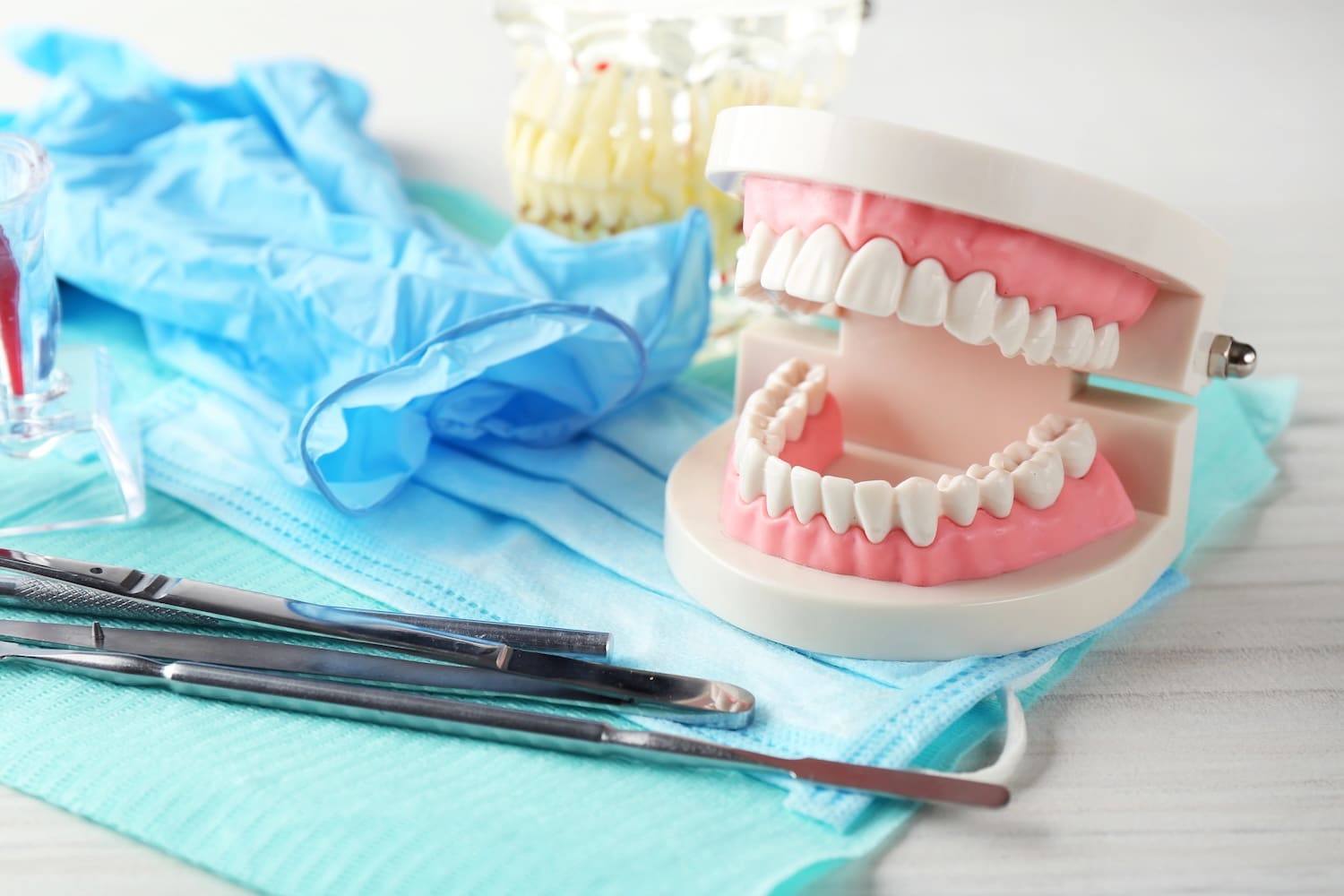As the year comes to a close, dental professionals should take a proactive approach to their finances to minimize tax liabilities and maximize savings. By reviewing your financial records, planning strategically, and understanding available deductions, you can set yourself up for success both now and in the coming year.
Table of Contents
ToggleTop 10 Year-End Tax Tips Dental Professionals Can Utilize
By proactively managing your finances and following tax tips tailored to your specific needs as a dental professional, you can make the most of your hard-earned income and ensure long-term financial stability.
1. Leverage Business Deductions
Dental practices often incur significant expenses, many of which are tax-deductible. Review your records to ensure you’re maximizing deductions such as:
- Office Supplies and Equipment: Any new equipment, technology upgrades, or office supplies purchased before December 31st can be claimed.
- Continuing Education and Licensing: Deduct the costs of professional development courses, certifications, or license renewals.
- Business Insurance: Premiums for liability or property insurance are tax-deductible.
- Staffing Costs: Salaries, benefits, and employer contributions to CPP or EI for your staff are eligible deductions.
2. Maximize Contributions to Retirement Plans
Consider maximizing contributions to your Registered Retirement Savings Plan (RRSP). Contributions not only help secure your future but also lower your taxable income. Remember, the contribution deadline for RRSPs is typically in early March, but making contributions before year-end may be a strategic move if you anticipate a high income.
3. Review Capital Asset Purchases
If you’re considering upgrading dental equipment or making significant office improvements, now might be the time. The Accelerated Capital Cost Allowance (CCA) in Canada allows you to claim depreciation on eligible assets more quickly, reducing your taxable income. Discuss with your accountant to see if end-of-year purchases make financial sense.
4. Prepay Expenses
If your dental practice is in a strong cash position, consider prepaying some 2025 expenses in advance. This could include:
- Lease payments for equipment or office space
- Membership fees for professional associations
- Subscriptions to journals or software platforms
Prepaying these expenses can help you lower your taxable income for the current year.
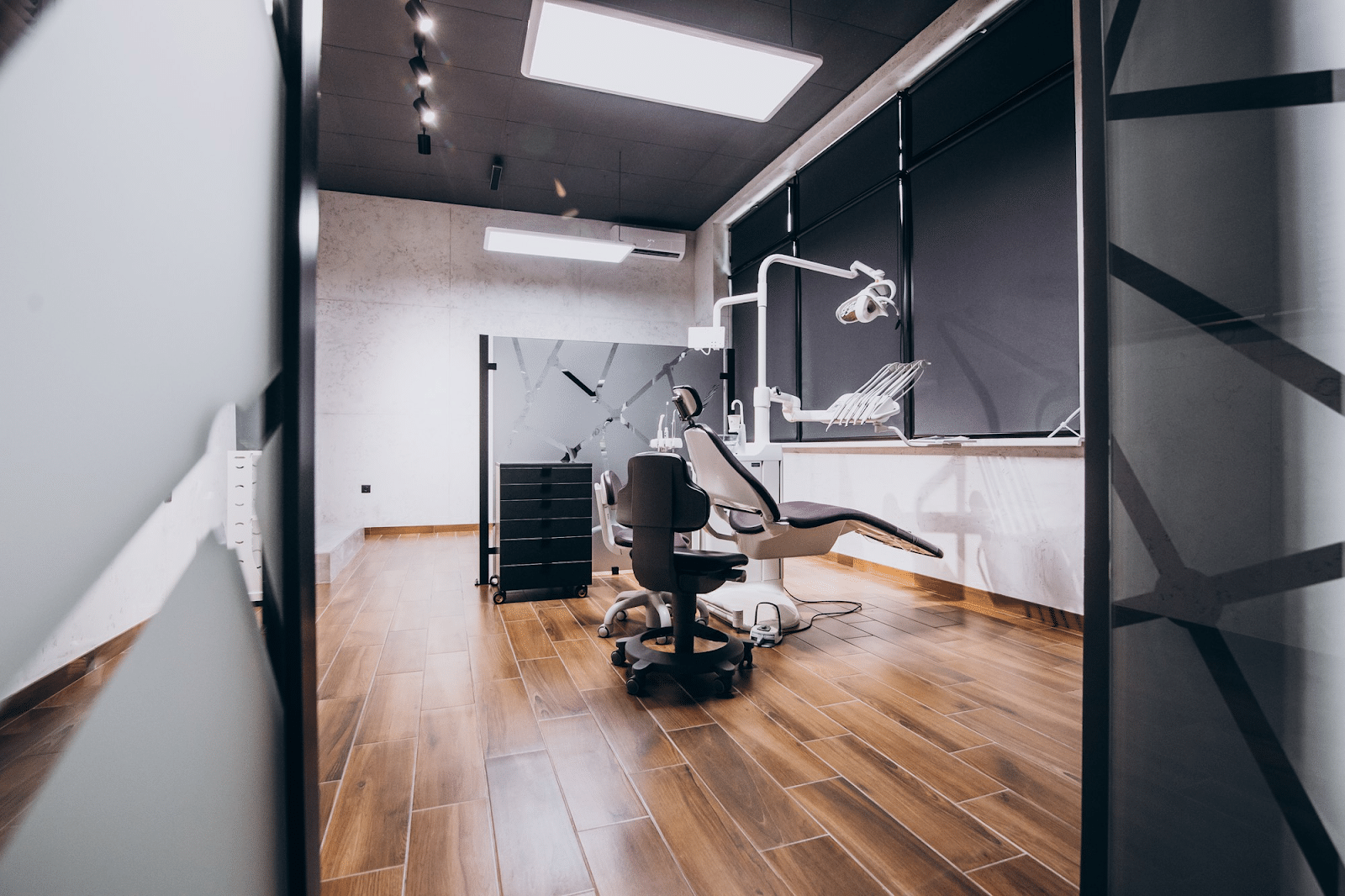
5. Optimize Vehicle and Travel Deductions
If you use a personal vehicle for business purposes, ensure you’ve kept detailed mileage logs. Deductible expenses may include fuel, maintenance, and insurance, proportionate to the business use of the vehicle. Similarly, if you’ve travelled for conferences or client meetings, those costs may be deductible.
6. Review Your Tax Installments
As a dental professional, you may be required to pay quarterly tax installments. Ensure you’ve accurately calculated and remitted these payments to avoid penalties. If your income has fluctuated, consult with your accountant to adjust your installment amounts before the final payment is due.
7. Claim Home Office Expenses
If you run part of your operations from a home office (for example, managing appointments, payroll, or marketing), you may be eligible to claim a portion of your household expenses, including utilities, internet, and mortgage interest or rent. Ensure your space meets the CRA’s criteria for a home office deduction.
8. Consider Incorporation Benefits
If you haven’t already incorporated your practice, this may be the right time to explore its tax advantages. Incorporation can offer lower corporate tax rates and opportunities to defer income by retaining earnings within the corporation.
9. Donate to Charity
Donating to a registered charity can reduce your tax burden while giving back to your community. Keep receipts for any donations made before December 31st to claim them on your return.
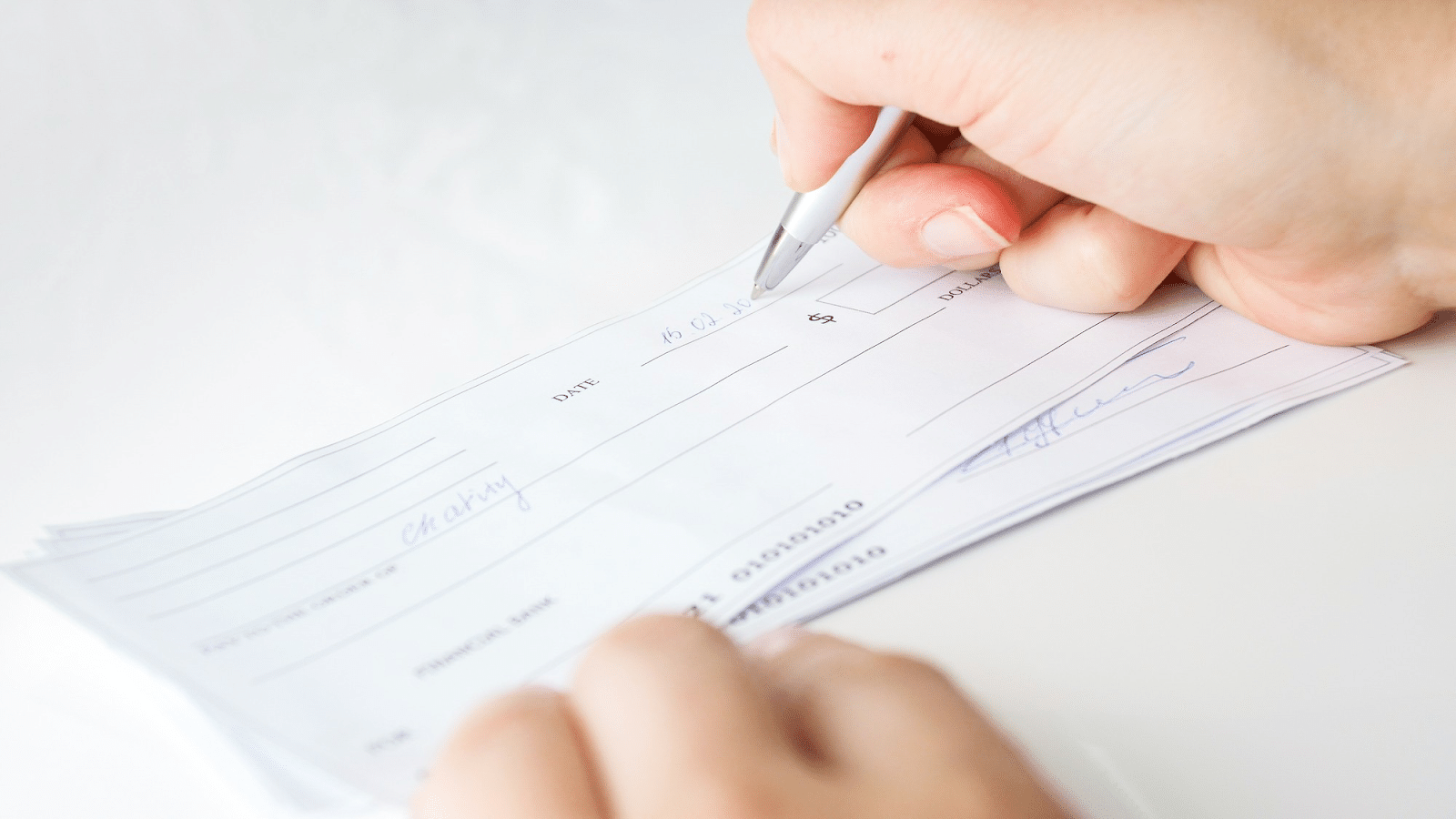
10. Meet with a Tax Professional
The nuances of tax planning can be complex, especially for dental professionals who manage both personal and business finances. An experienced accountant specializing in dental care can help you:
- Identify additional deductions specific to your field
- Strategize for future tax savings
- Ensure compliance with CRA regulations
Ready to Retain More of Your Hard-Earned Income?
Taking the time to review your finances and implement tax-saving strategies before the new year can help you retain more of your hard-earned income. With proper planning and professional advice, you can confidently navigate the tax season and focus on growing your practice in the coming year.
For tailored advice, reach out to a tax professional or financial advisor familiar with the dental industry’s unique needs. Your future self will thank you!
Adam has an MBA from the Richard Ivey School of Business in London and also holds a Chartered Investment Manager designation.
- Tax Return Preparation Guide for Dental Professionals - January 19, 2026
- Financial Lessons from Successful Dental Practices - January 12, 2026
- 2026 Tax Changes Affecting Canadian Dentists - January 5, 2026


